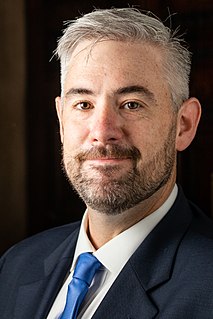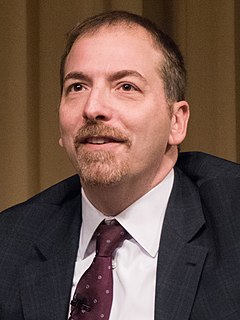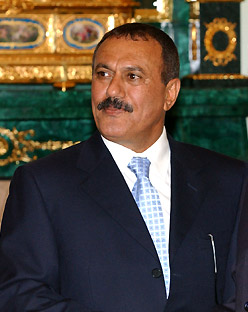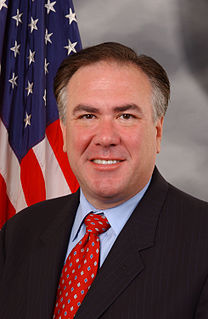A Quote by Tom Cotton
I was in Iraq in the worst period, 2006, but from 2006 to 2008, and especially through 2011, the American military and the government of Iraq made huge strides in making that country a source of stability with a relatively representative government that was seeking pluralistic engagement from all the factions within the government.
Related Quotes
I am very optimistic about - about Iraq. I mean, this could be one of the great achievements of this administration. You're going to see 90,000 American troops come marching home by the end of the summer. You're going to see a stable government in Iraq that is actually moving toward a representative government.
The Nisour Square shooting is a signature point in the Iraq war, one that inflamed anti-American sentiment abroad and contributed to the impression that Americans were reckless and unaccountable. The Iraqi government wanted to prosecute the security contractors in Iraq, but the American government refused to allow it.
Iraq at one time was actually a functioning government. It's a real state. Afghanistan is not Iraq. It's tribal. It's got a different - a number of different sects, never really had a solid government there running the country on any kind of a continuing basis. Well, to rebuild the nation of Afghanistan is going to be more difficult than rebuilding the nation of Iraq.
It's harder to end a war than begin one. Indeed, everything that American troops have done in Iraq -- all the fighting and all the dying, the bleeding and the building, and the training and the partnering -- all of it has led to this moment of success. Now, Iraq is not a perfect place. It has many challenges ahead. But we're leaving behind a sovereign, stable and self-reliant Iraq, with a representative government that was elected by its people. We're building a new partnership between our nations.
Being an American journalist can put people on the defensive. In countries where people assume the press is partisan, like in Lebanon, or where it had essentially become an extension of the government, like in Iraq, people tend to see a journalist as an agent of his or her government. That can be dangerous if the United States military is occupying their country, or aligned with their enemies.
I am proud of the decision of this Administration to overthrow Saddam Hussein. I am proud of the liberation of 25 million Iraqis. And I'm proud to see an Iraq that is now emerging with a stronger government, a truly multiethnic, multi-sectarian government that's about to have its second set of elections, that's inviting private investment into Iraq, and that is making peace with its Arab neighbors.
It is the US government's desire for the Iraqi people to lead themselves, not for any outside power to be the leadership for Iraq in the future. There may be some transition period where the international community would have to help the Iraqi people put in place a representative government. But that is the goal, not for the United States, or any other nation, for that matter, who might be in such a coalition, if one is formed, to serve as the leader of the Iraqi nation.


































